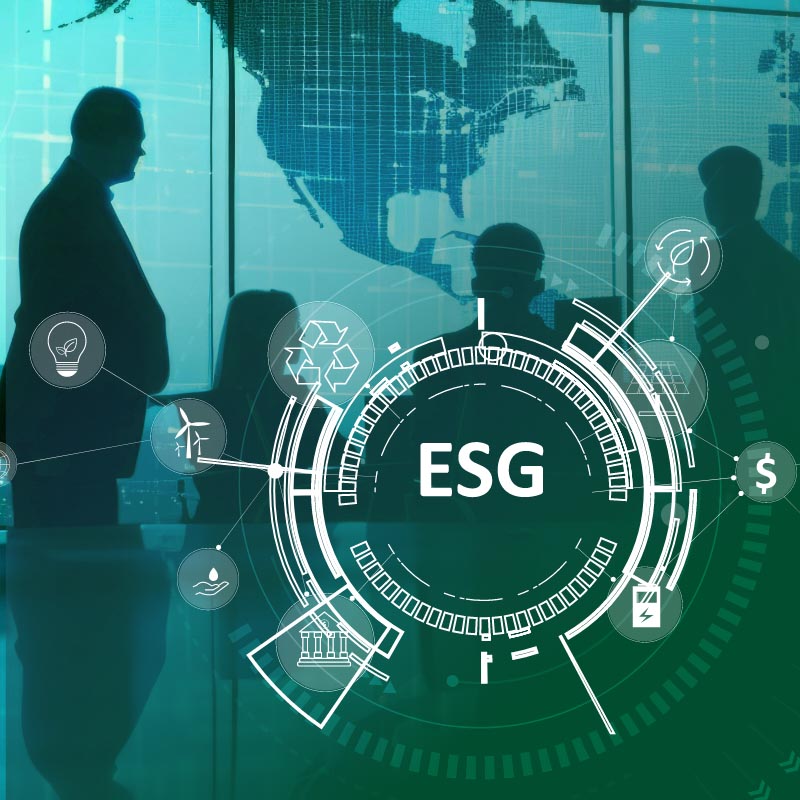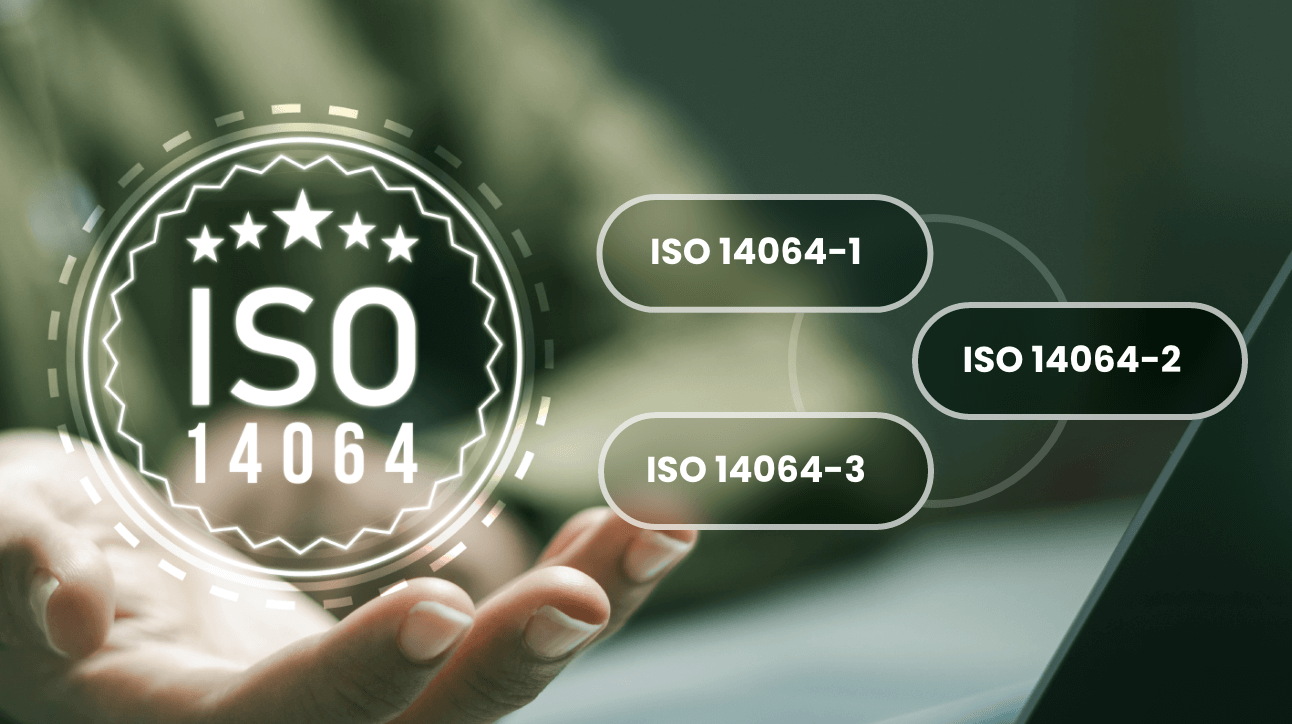
Best Practices Articles
Discover the latest ESG developments and insights useful for your sustainability journey.

Ready to see where Convene ESG can take your ESG reports?
Get started with ESG reporting software that can take your sustainability reporting to the next level.
Certified Software for ESG Reporting 
We also support these ESG frameworks and local provisions:

















